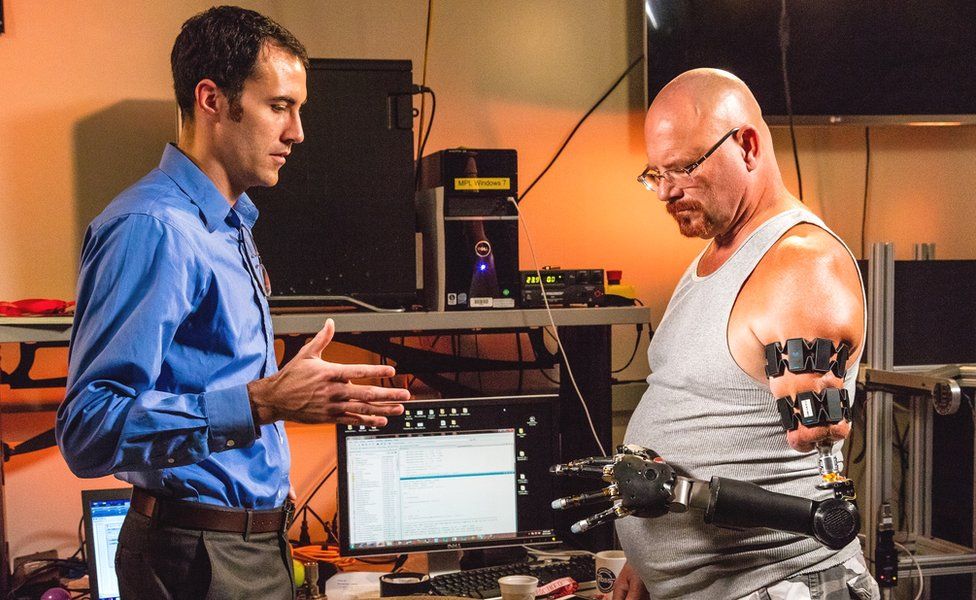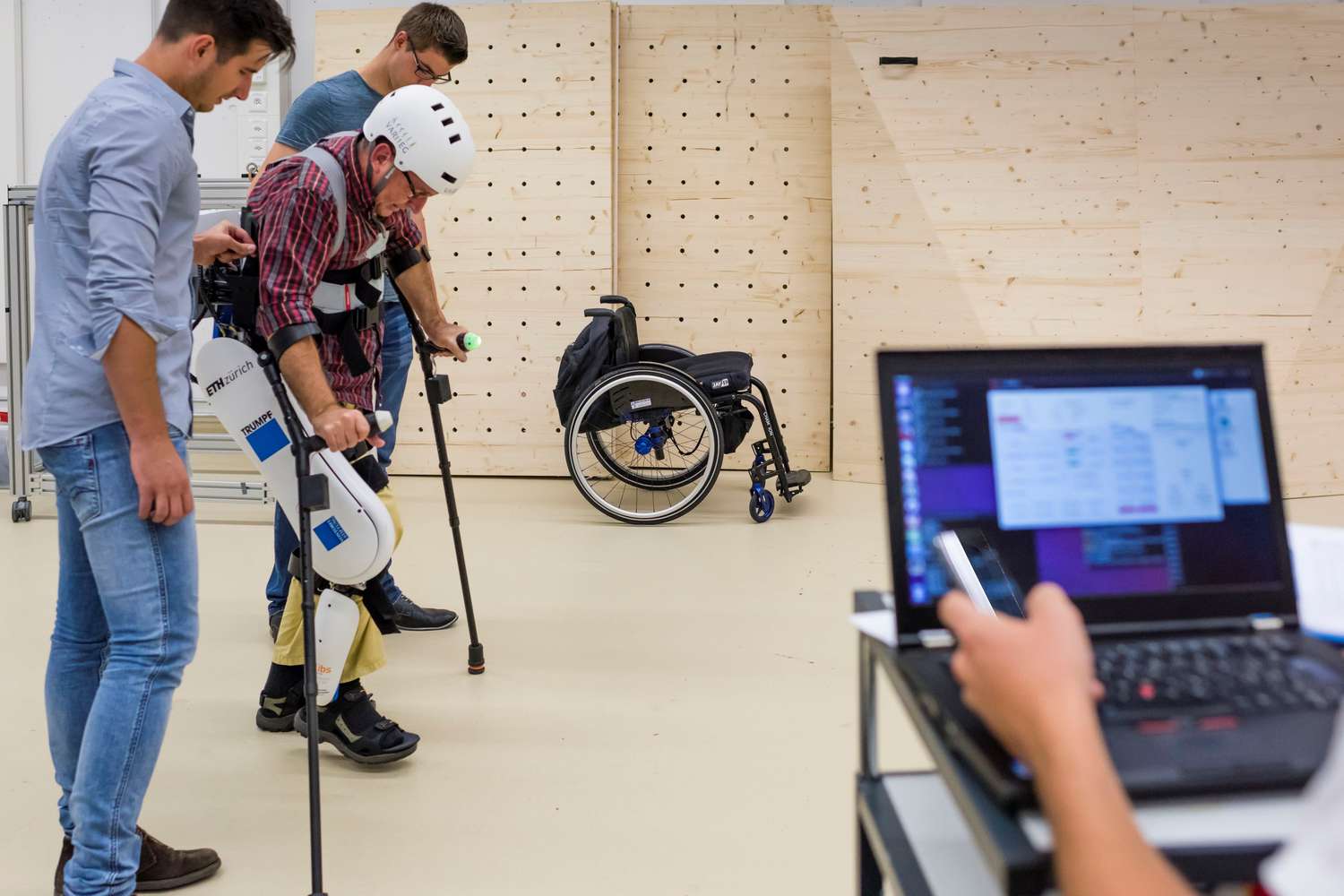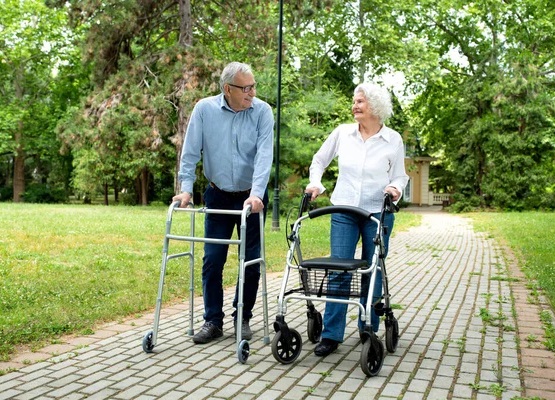The 2nd Edition of Global Assistive Technology Expo and Conference (GATEC 2024), organised by iCONEX and IDEA in collaboration with SHESPro and SAKSHAM as a co-organiser, is joining forces with the International Purple Fest Goa for an unparalleled event. This collaborative effort promises to be a groundbreaking gathering, showcasing the latest advancements in Assistive Technology (AT), Disability, Healthy Ageing & Home Healthcare from around the world. Attendees can expect an enriching experience filled with innovative solutions, informative sessions, and opportunities to connect with experts in the field. This dynamic synergy between the GATEC and International Purple Fest, Goa is set to redefine how we approach accessibility and inclusivity on a global scale.

Assistive Technology (AT) is any item, piece of equipment, software program, or product system that is used to increase, maintain, or improve the functional capabilities of persons with disabilities.
Assistive Technology helps people who have difficulty in speaking, typing, writing, remembering, pointing, seeing, hearing, learning, walking, and many other things. Different disabilities require different Assistive Technologies.

At the biological level, ageing results from the impact of the accumulation of a wide variety of molecular and cellular damage over time. This leads to a gradual decrease in physical and mental capacity, a growing risk of disease and ultimately death. These changes are neither linear nor consistent, and they are only loosely associated with a person’s age in years. The diversity seen in older age is not random. Beyond biological changes, ageing is often associated with other life transitions such as retirement, relocation to more appropriate housing and the death of friends and partners.
Common conditions in older age include hearing loss, cataracts, and refractive errors, back and neck pain and osteoarthritis, chronic obstructive pulmonary disease, diabetes, depression, and dementia. As people age, they are more likely to experience several conditions at the same time. Older age is also characterized by the emergence of several complex health states commonly called geriatric syndromes. They are often the consequence of multiple underlying factors and include frailty, urinary incontinence, falls, delirium and pressure ulcers.

Old age need not be burdensome to individuals or society. Assistive technology can enable older people to continue to live at home and delay or prevent the need for long-term care. Increased choice, safety, independence, and sense of control for service users.Improved quality of life. Assistive devices help make daily activities easier and safer. Assistive devices are a wide variety of tools, devices, and technologies that are designed to help old age people perform a specific function.
Healthy ageing is defined as ‘the process of developing and maintaining functional ability that enables wellbeing in older age’ The promotion of healthy ageing focuses on sociocultural and physical factors. Functional status is a major independent risk factor for dependency, institutionalisation, and mortality in older populations. Old age is not usually devoid of ill health, age-related impairment, limitation, and restrictions that contribute to frailty can be modified. The main goal of assistive technologies for elderly people is to reduce reliance on other people and care systems and to help them to stay at homes in safety and comfort.